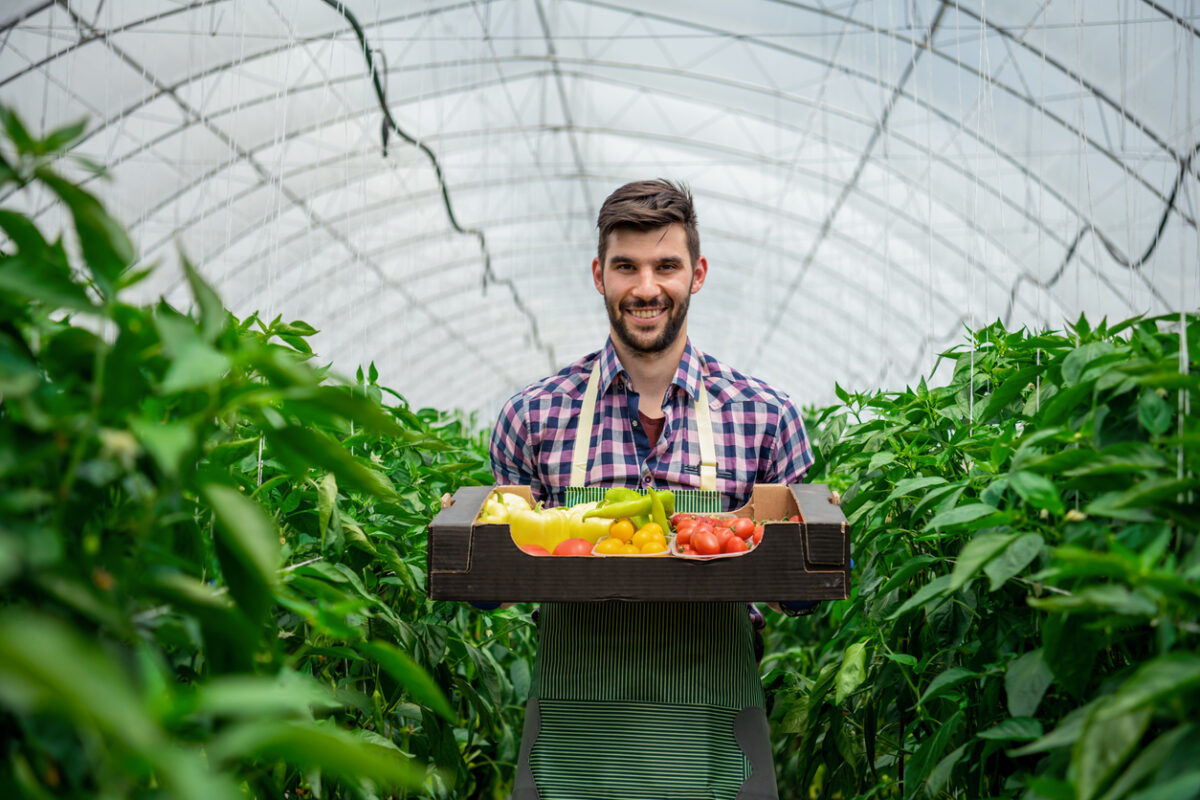Food Jobs: what does a Food Safety Lawyer do?

A Food Safety Lawyer provides legal advice and representation to businesses on food safety issues – whether that’s dealing with internal investigations, public prosecution, or compliance with food safety and hygiene laws.
They can work in-house for a food business, or be part of a legal firm that is retained by a company. As counsel, their job is to protect the brand’s interests and public image, while simultaneously ensuring that it meets the food safety standards set out by government bodies.
What are the job responsibilities?
– Representing food and drink businesses in investigations or prosecutions by regulatory bodies
– Liaising with a business’s food safety officer to ensure safety standards are upheld across its supply chain
– Futureproofing a company from any potential legislation against failure to comply with food safety laws
– Keeping brands up to date with changes in national or international food safety laws
– Obtaining food-safety-related licences and/or certifications for businesses and manufacturers
– Attending interviews and court visits with or on the company’s behalf
– Advising companies on food labelling and packaging procedures (and ensuring compliance with Natasha’s Law)
Who might your employers be?
As a Food Safety Lawyer, you could be working as an in-house counsel for a food brand, advising them on changes in laws and representing them in legal proceedings. But the more likely scenario would be working at a law firm that’s hired by a food business. You could be part of a firm that either specialises in food-related law, or in a dedicated department of a larger company.
What qualifications do you need?
Since the role involves dealing with legal procedures and working with regulatory authorities, a law degree is essential for this job. Having a proven understanding of Hazard Analysis and Critical Control Point (HACCP) is also a big plus.
While there are some helpful short food-centric law courses – such as those offered by the University of Reading and Leatherhead Food Research – Bachelor’s and/or Master’s degrees in environmental safety, health, nutrition, trading standards, risk management or regulatory law can all help tread this path.
A few notable courses include:
– LLB Law at University of London, University of Law, City, University of London – among many others
– LLM Food Law at Liverpool John Moores University
– LLM Compliance and Regulation at University of Law and Queen Mary University
– Foundation/Intermediate Certificate in HACCP from the Chartered Institute of Environmental Health
– MSc Safety, Health and Environment at University of Salford
– MSc/PgDip/PgCert Safety & Risk Management at University of Strathclyde
What is the salary like?
The salary varies widely based on your role, remit and employer. According to Glassdoor, an environmental health and safety lawyer earns £44,500 on average per annum, while a regulatory counsel has an average pay of £66,000. Prospects estimates that junior regulatory affairs professionals can earn up to £40,000, while experienced managers make up to £70,000.
Based on several job adverts, £60,000 to £80,000 is standard for a Food Safety Lawyer. At high-level positions in legal firms though, you could be earning a six-figure salary.
Where will you be working?
You’ll typically work at a company’s headquarters if you’re on its payroll. But if you’re part of a law firm, you’ll be working from its office. Because of the nature of the role, working from home might not always be plausible, as you’ll have to be present at meetings with clients and regulatory authorities, and possibly attend court to represent a food business that your firm is retained by.
The hours, as is the case for most lawyers, are unpredictable. While you could be working on a regular nine-to-five, overtime and working on weekends can also be common.
What’s the career progression like?
If you’re working for a food business itself, you’ll likely have had years of legal experience under your belt to land the role. Depending on the company’s structure, you could move to a higher position in the corporate ladder – possibly looking after its entire legal department and managing a team of associates.
When it comes to working for a law firm, you’re likely to start on an associate level, shadowing seniors and assisting with any procedures. From there, you can move to a junior and senior partner level, which would mean handling more clients and bigger accounts, as well as managing your own associates. Based on how the firm is structured, you could move on to executive or directorial roles.
Is there demand for this role?
With the ever-growing focus on food hygiene post-pandemic and the implementation of Natasha’s Law in the UK, the need for food safety regulations and their enforcement has arguably never been more crucial. Even without the renewed spotlight, there will always be demand for Food Safety Lawyers to help companies navigate through laws and regulatory processes, and represent them in legal proceedings.








